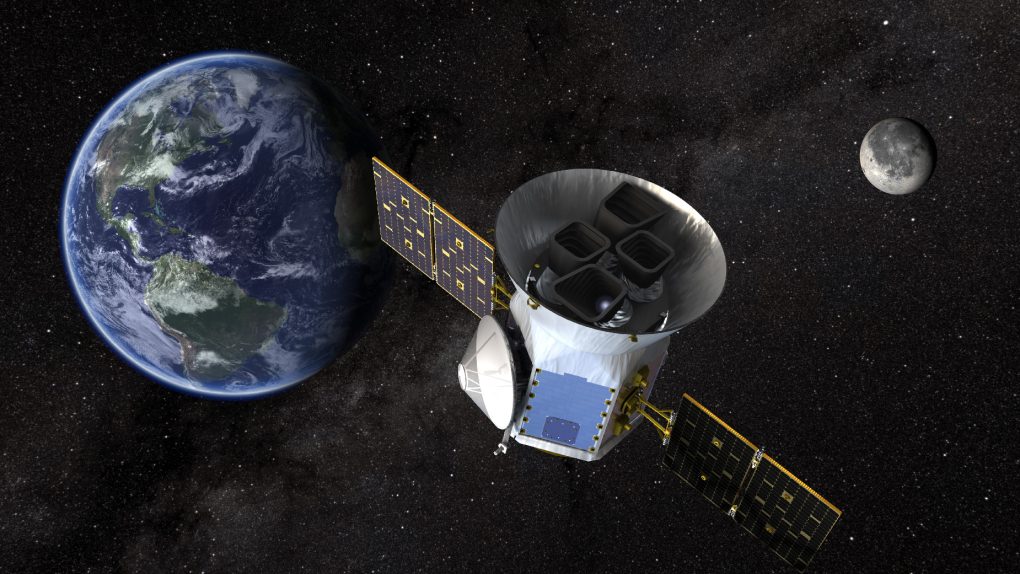NASA’s TESS exoplanet hunting telescope has been on the job for less than a year, but it’s already racking up some impressive discoveries. Following the announcement of a new “Hot Saturn” back in March, NASA just revealed that TESS found its first Earth-sized planet outside of our solar system.
TESS — which stands for Transiting Exoplanet Survey Satellite — is designed to detect the telltale signs of exoplanets orbiting the stars it observes by spotting the tiny changes in brightness associated with a planet passing in front of them. This latest observation is actually the 10th confirmed planet TESS has discovered, but it’s the first one that is likely close to Earth in overall size. Still, you definitely wouldn’t want to go there.
The Earth-sized planet, called HD 21749c, is estimated to be around 89% as large as Earth, and it orbits a star that is roughly 70% as massive as our Sun. However, very little about the relationship between the planet and its star is Earth-like. The discovery is described in detail in a new paper published in Astrophysical Journal Letters.
A year on the planet lasts less than eight Earth days, suggesting that it’s incredibly close to the star. That close relationship means that HD 21749c is absolutely scorching hot, and researchers estimate that its surface is probably around 800 degrees Fahrenheit, or around 427 degrees Celsius.
The planet and its star aren’t particularly far away. HD 21749 is thought to be only around 53 light-years away, meaning that it may be possible to study it and its piping hot planet in even greater detail.
HD 21749c isn’t the kind of place where we’d ever expect to find life as we know it, so alien hunters will need to look elsewhere, but the discovery of any planet outside of our solar system is still undeniably interesting. Going forward, new exoplanet discoveries by TESS are expected to continue, so it might not be long before NASA find a world even more like our own.








